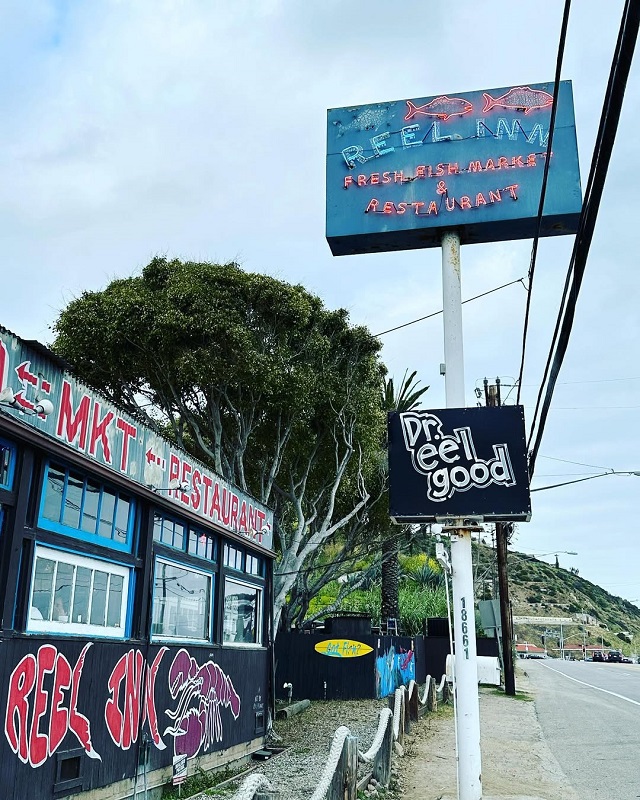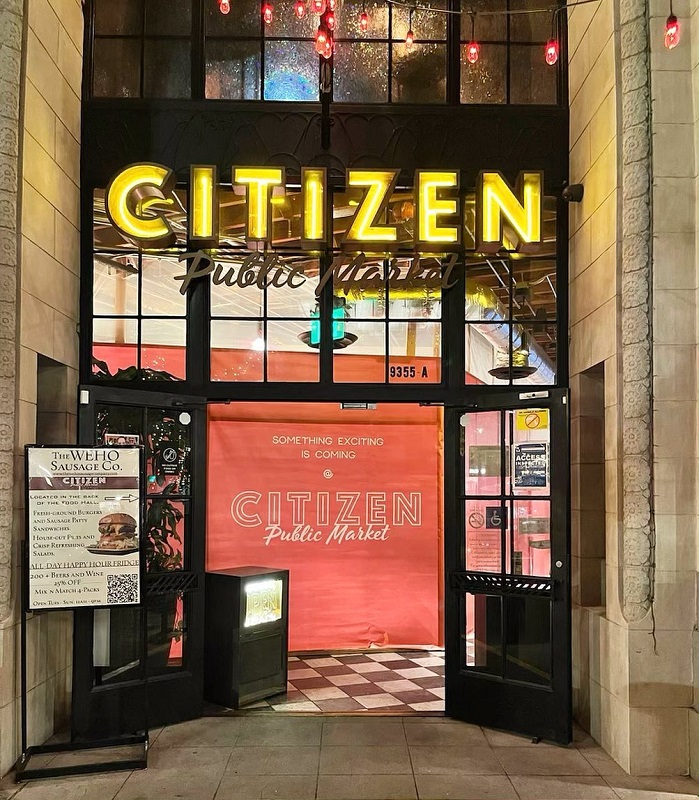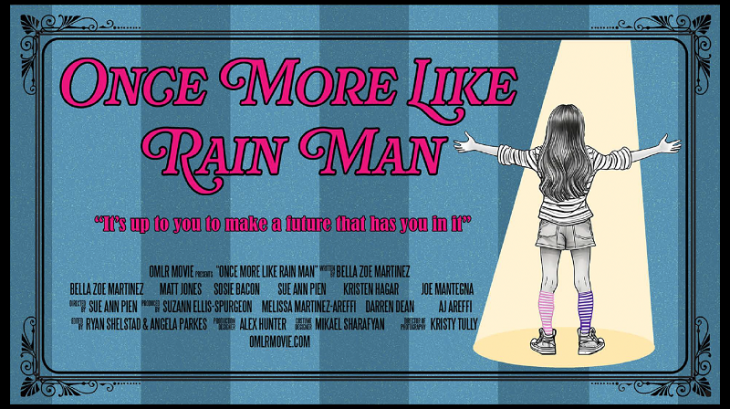LGBT seniors and HIV-positive people living in long-term care facilities throughout California would be protected from discrimination under a bill gay state Senator Scott Wiener (D-San Francisco) will introduce Thursday.
His bill is modeled after a policy he authored and San Francisco officials adopted in 2015 on the recommendation of the city’s LGBT Aging Policy Task Force. Known as a “Bill of Rights” for residents of such facilities, it barred operators from restricting or evicting residents based on their sexual orientation, gender identity, or HIV status.
It also laid out protocols for caring for transgender and gender non-conforming residents and protected the visitation rights of same-sex spouses or partners of residents in such facilities. Residents were given the right to room with the person of their choosing and could not be restricted from having sex.
Wiener’s Senate Bill 219 will mirror those provisions.
“Our LGBT senior population is growing and we have not done enough to meet the unique needs of these seniors,” Wiener told the Bay Area Reporter in an interview this week. “We need to make sure LGBT seniors in long-term care facilities aren’t going back into the closet and being treated with the respect and dignity they deserve.”
The city law needs to be expanded statewide, said Wiener, because “this is not just a San Francisco issue. We have many LGBT seniors throughout the state facing real challenges as they age with health issues, discrimination, and housing. We need to support them.”
There were 8,809 long-term care facilities with 297,371 beds in California as of 2014, according to a report issued last year by the office of the state’s long-term care ombudsman. It is unknown how many of the residents identify as LGBT, as that information isn’t tracked.
According to a 2011 study “Stories from the Field; LGBT Older Adults in Long-Term Care Facilities,” published by the National Senior Citizens Law Center, 89 percent of 649 respondents indicated that they believed caretakers would discriminate against them for being LGBT. More than 40 percent said they had personally witnessed or experienced mistreatment of LGBT seniors.
“This is a tough issue because the only way we can find out if this is happening is if the senior is able to reach out to an advocate, which many seniors in long-term care facilities can’t, especially if they have cognitive or communication disabilities like dementia or things like that,” said Daniel Redman, a gay attorney in San Francisco who advised Wiener on the bill and served as the legal chair of the San Francisco aging task force.
Leyla Zabih, the owner of Werner Enterprises in Walnut Creek, is a fiduciary who specializes in serving as a legal guardian for seniors. She currently oversees a conservatorship of a transgender woman living in a Contra Costa County nursing home.
Over the last 18 months she has worked with a team of legal advocates, including Redman and the Transgender Law Center, in pressing the facility to address her client using her preferred name and female pronouns. Initially the facility had housed her client with a male roommate and insisted on using her given male name and male pronouns. (Due to health privacy laws, Zabih declined to disclose her client’s name or the name of the facility where she is housed.)
“We had to fight to have her recognized in body, mind, and spirit as the female soul she is in the nursing home,” said Zabih, who also secured a name and gender change for her client through probate court. “She was living as a woman when she had her stroke. For lack of family, lack of resources, and a lack of being able to communicate, at the prior nursing home she was at she had been listed under her former male name.”
Once her client’s name change was approved, Zabih said within a few days her client was moved into a room with female roommates. After being relocated, her client felt comfortable dressing in women’s clothing and wearing makeup, she said.
But issues persisted. The facility claimed she was not getting along with the other women, while Zabih said the employees were not properly bathing her. In December her client was moved to her own room and is now “doing better,” said Zabih.
After the facility agreed for her to provide training to its staff on how to work with transgender residents, Zabih said few employees attended.
Had the state law Wiener has introduced been in place, said Zabih, it would have negated many of the issues her client has faced and prevented much emotional distress.
“She is the victim. The amount of time she had to suffer while the powers that be decided are we going to act in our patient’s best interest is ridiculous,” she said.
Under Wiener’s bill, long-term care facilities would be required to address residents using the name and pronouns of their choosing. They could not restrict a resident from using the bathroom of their choice or harass them for doing so.
Nor could they deny a resident the right to dress in the clothing, accessories or cosmetics of their choosing. They would also be barred from denying residents appropriate medical care based on gender and from delivering such care in a demeaning manner.
And like San Francisco’s law, the state bill also gives residents of such facilities the right to associate with any other resident or visitors of their choosing, including if it is for “sexual intimacy.”
Assemblyman David Chiu (D-San Francisco) is co-sponsoring the bill, as is lesbian Assemblywoman Sabrina Cervantes (D-Riverside) and Equality California, the statewide LGBT advocacy group.
“For us this is one of the more important bills we are going to work on this year,” said EQCA Executive Director Rick Zbur. “For a couple years we have been wanting to advance a bill protecting seniors in long-term care facilities. We think it can be a model for other parts of the country.”





















